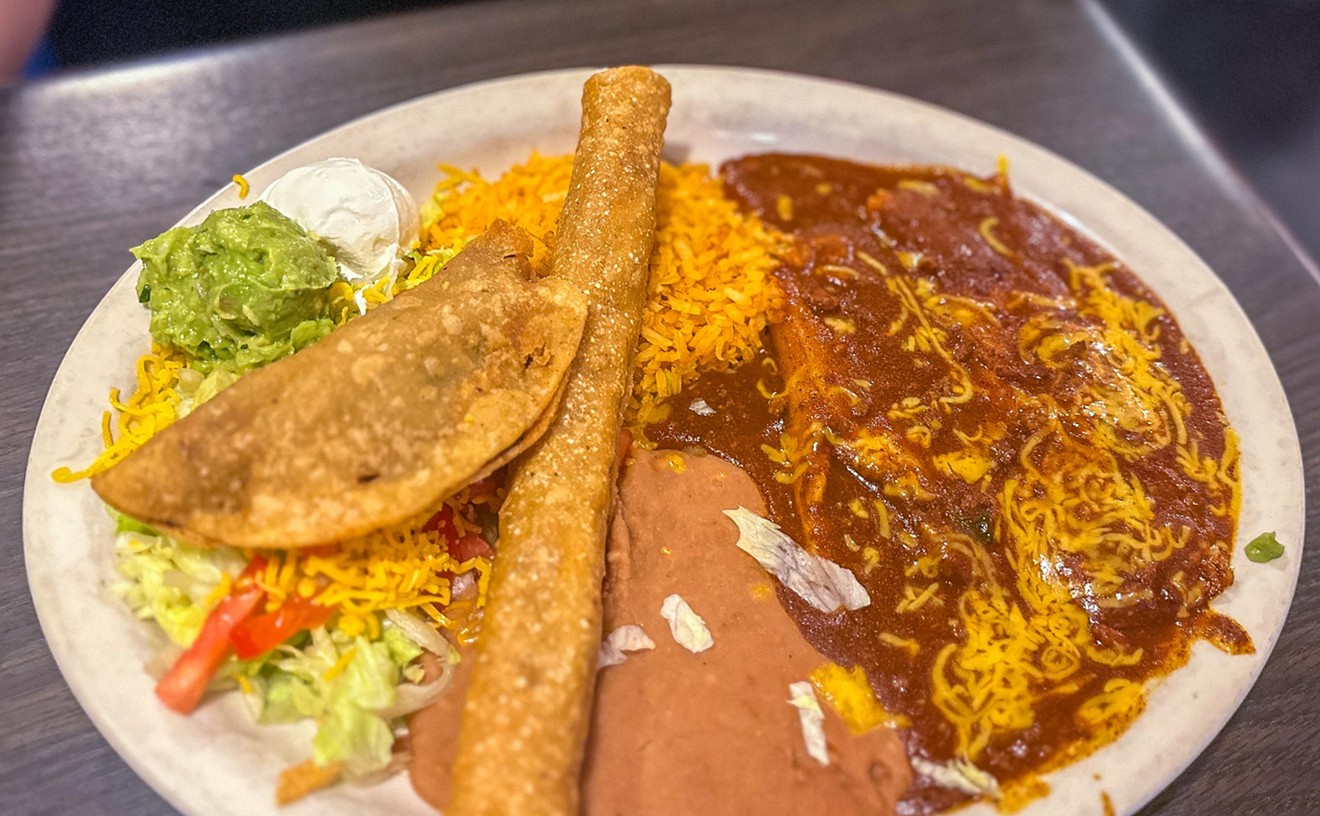State senator Kevin Eltife, a Republican from Tyler, filed four bills yesterday that could breath new life into the craft beer industry in Texas. The legislation "will modernize laws that unfairly advantage out-of-state beer producers over Texas' small businesses of the beer industry -- craft brewers," Eltife said in a statement.
See Also: Craft Beer Guide to North Texas
Eltife pointed to the government picking "winners and losers in the private sector," adding that "Texans believe consumers make the best choices about products in the free market. These four bills level the playing field for the small business segment of the Texas brewery industry."
The current laws that shape the alcohol system in Texas are the "three-tiered system," which were established after the repeal of Prohibition. It creates a system of producers (brewers), distributors and retailers, with the intent that none of those tiers ever overlap in order to deter monopolies.
But some out-of-state brewers are able to circumvent these laws, allowing them to profit in ways that in-state breweries can't. For example, a brewpub in California can sell beer at the retail level in Texas, something Texas brewpubs aren't allowed to do.
In 2012, University of Texas-San Antonio economics professor Scott Metzger conducted a study that found that the Texas craft brewing industry had a $608 million economic impact in the state in 2011. The study predicts the segment could grow to $5.6 billion within eight years if the current restrictions were lifted.
The general consensus among brewers is not to abolish the system, but rather tweak it. The bills introduced yesterday would allow breweries that produce no more than 225,000 barrels annually to sell up to 5,000 barrels directly to consumers for on-site consumption.
It also raises the production limit on brewpubs from 5,000 barrels to 12,500 annually and allows self-distribution of 1,000 barrels, as well retail sales through distributors.
For local breweries, on-site consumption is certainly a big deal. But craft breweries would also like to be able to sell beer for off-site consumption, say after a tour, just like wineries are currently allowed to do. However, that provision wasn't included in any of the legislation this year.
"I wouldn't say it's a deal breaker," said John Reardon, co-founder of Deep Ellum Brewing Company. "A crack in the wall is a much needed start."
This was a hotly contested issue in previous sessions, when bills were never even voted on. Reardon explains that the push back for off-site consumption sales is led by big distributors and grocery chains that worry about a dent in their sales from small brewers.
But Reardon is still hopeful. "If we're allowed to sell 5,000 barrels on-site, we're talking multi-millions of retail level sales. That would make me ecstatic this year. And in two years, we gear up for another fight."
Open the Taps, a grassroots organization that advocates for craft beer industry in Texas, has a 2013 Legislative Session page on 'What You Need to Know' with phone numbers and information on important committees and representatives. If you love craft beer, now is a good time to get to know your representatives.











